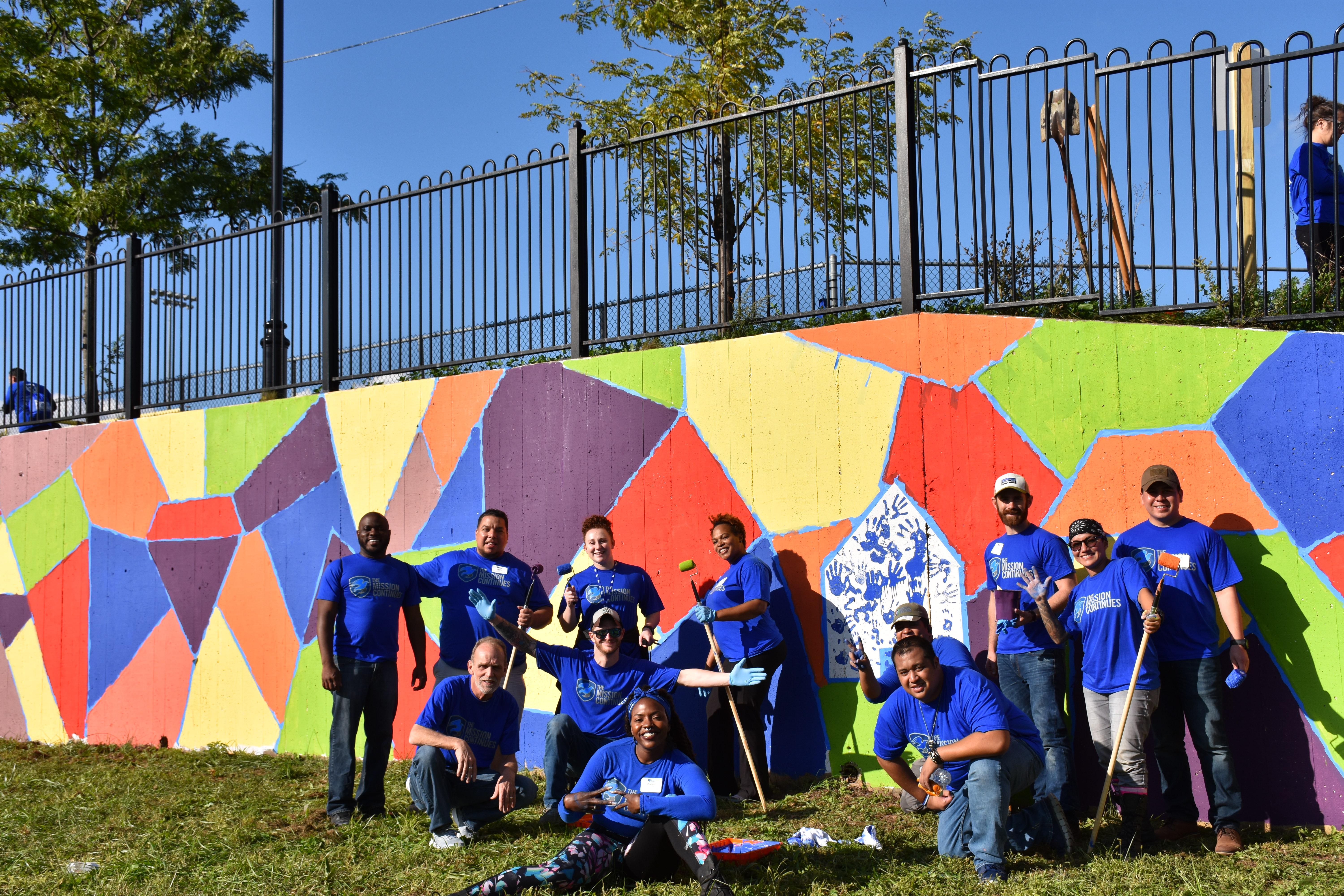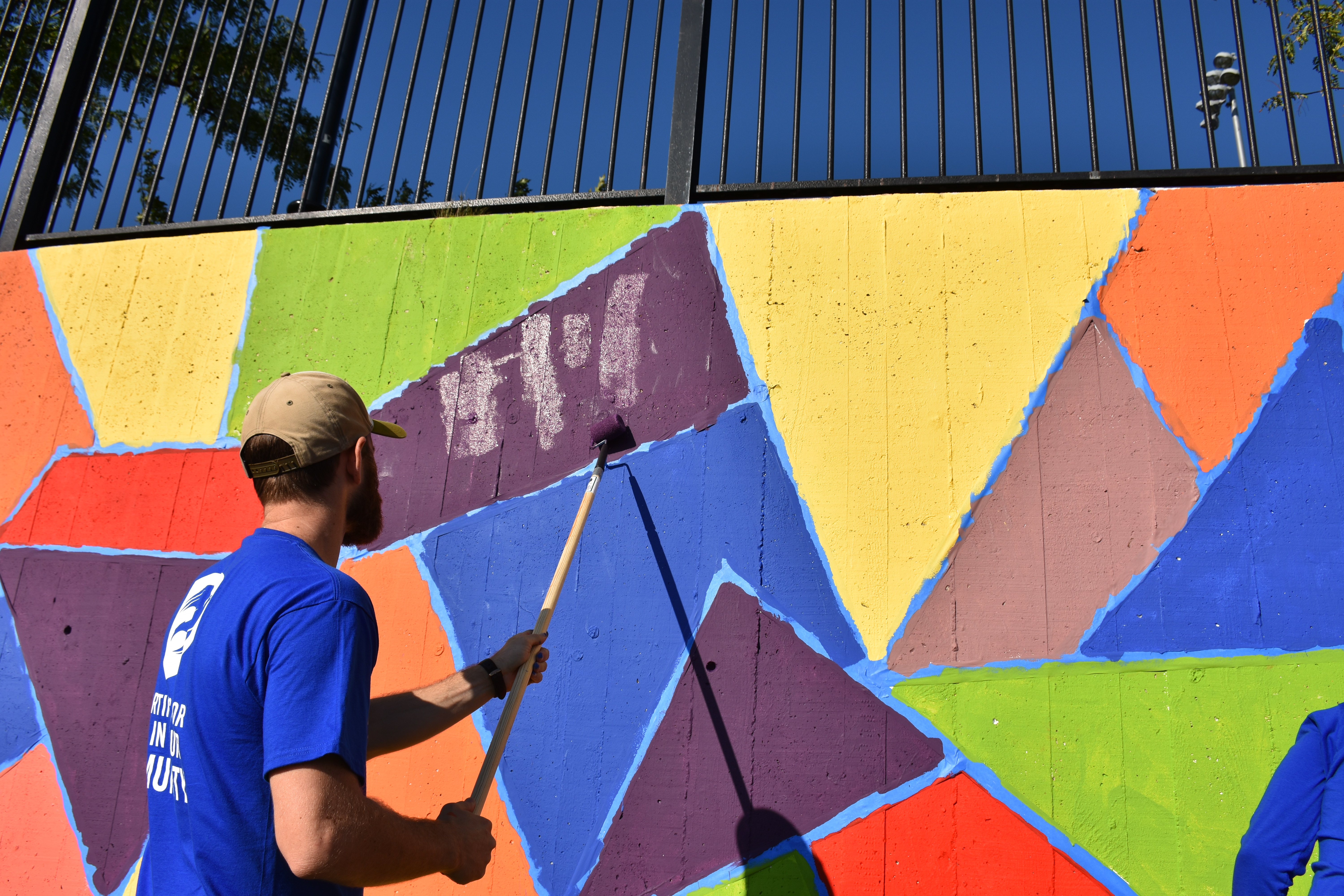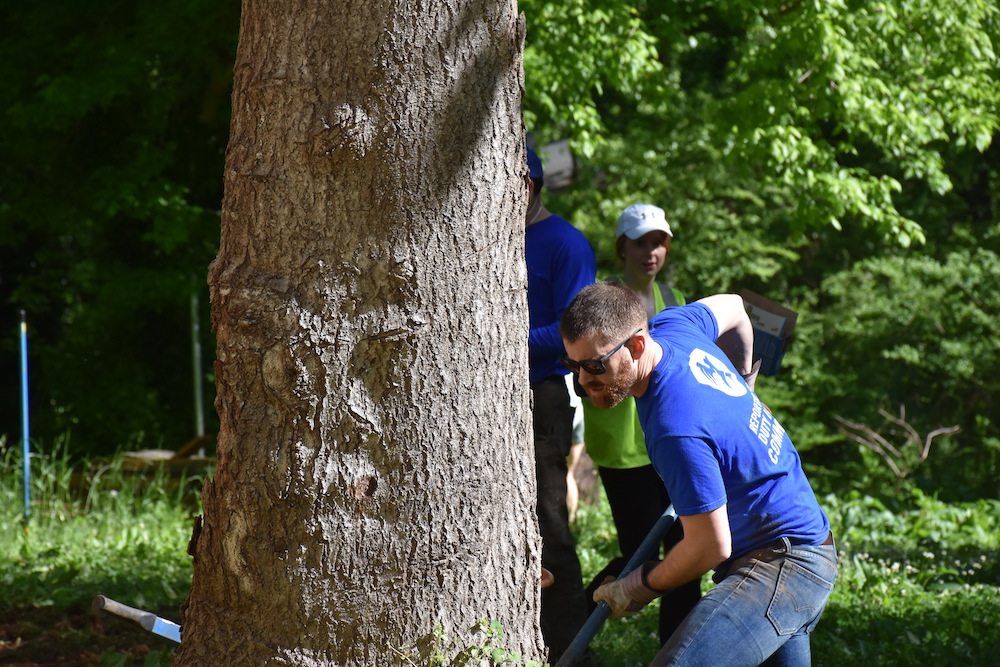Why You Should Apply to the Service Leadership Corps
Jul 1, 2019

By Daniel Coleman, Service Leadership Corps Alumnus
I’m not sure what your name is, but I have a good idea of who you are. At some point, you felt the call and served in the military. Your experiences trained you to be a leader, a team member, and a strategic thinker, to be mission-oriented and focused on solutions rather than problems. You returned home to find your community in need of connection, investment, support, organization, and action. Maybe you had a smooth transition back, maybe your transition is rougher. Either way, you see some good that needs to be done in your community, and you want to be the change you hope to see. This post is for you.
A lot of us feel that way after coming home. I sure did. I got out of the Army in 2016 and felt a little lost for the first couple of years. I separated and stayed near where I was stationed, enrolled in the local community college and transferred to the local state school. It was easy for me to feel isolated, you might feel the same.
I missed the camaraderie of the military; I missed being one of many members of an inclusive organization dedicated to making sacrifices and serving a cause higher than our individual selves. I missed seeing the affect my work had on my community of soldiers. I missed my brothers and sisters. I missed our mission. And as much as I hate to admit it – I missed the suck.

SLC first gathered in Newark, New Jersey. Daniel’s team painted a mural as part of their first Mission Continues service project! 
I started looking around for ways to continue serving. I found The Mission Continues through my local SVA chapter and was encouraged by a local Service Platoon member to apply for the Service Leadership Corps. At the time of my application I had no idea how much it would alter my plans. All I knew was that I wanted to be a better community-based leader, to connect with others, fill needs in our local area, and build community through service.
I was accepted to the SLC last summer and was thrilled! It was a great chance to grow myself personally and professionally, as well as an opportunity to attend four professional conferences over the year (especially beneficial for a 20-something college student). These in-person meetings consisted of courses on communication ops, asset-based community development, human-centered design, advocacy, conflict resolution, reflection, self-care and much more. They also provided opportunities to network, learn collaboratively from my colleagues, and present at the final conference.
We broke into teams that partnered with different organizations based on our interests. My team partnered with Veterans for American Ideals (VFAI). As we learned about advocacy, cultural competence and community organizing, we worked with VFAI to connect stakeholders by coordinating service projects bringing to bring together veterans, refugees and Muslims to counter Islamophobia, hate, and fear at home. Other groups worked with groups supporting kids’ playground builds, the National Park Service, housing policy research, and more.
Our team met twice weekly for the six-month program’s duration, which provided useful experience with team-based remote work. We were spread across the country, from Hawaii to Seattle to Atlanta. Our group was one of the highlights of my experience: an intersectional and diverse group of badass patriotic Americans pushing each other to be the best we could be to maximize what we could accomplish together.

Daniel Coleman volunteering with fellow SLC members in Atlanta, Georgia. 
SLC Cohort 1 all together at their last service project in Atlanta, Georgia.
As the program progressed we applied our military project management skill sets to our civilian projects, informed by the courses from our in-person meetings. We bonded as a team and shared gripes, joyous moments and the occasional hilarious confusions of living in the civilian world. Sometimes as a group we felt impactful, while other times we all got together to communally (and remotely!) bash our heads against the wall. It was fun.
As my understanding of advocacy and government relations deepened, the members of my cohort challenged me to aim higher. John Viterra, a Marine and recently retired schoolteacher, suggested I apply for an internship at the US Capitol. I applied and got an offer. I took it. I moved to Washington, DC to serve one of my heroes, a US Senator, working with his office’s health policy team.
Working at the Capitol connected me with civilians that reminded me of my fellow service members–high performing professionals sacrificing to be a member of a team dedicated to making the world a better place. The experience provided an invaluable education on Senate procedure and a better informed conceptual framework through which to perceive legislative advocacy.
I graduated from the SLC in April having gained not only a wider application of my skills and abilities, but also a national network of active, engaged, change-making professionals. I see clear present day benefits–I would not be where I am today without the support, guidance and challenges from mentors and friends I met through the SLC.

That is true in a very literal sense, as I am now interning for VFAI’s parent organization, Human Rights First. It is also true in a more holistic sense, as it helped to refine who I am as a person. It connected me with mentors like my group’s advisor Matthew Landis, my teammates Bre, Khadijah, John, Emily and Wes and our project partner Scott Cooper.
The Service Leadership Corps applications are open through the 12th of July. If you want to make a difference, the SLC is for you. If you want to join together with an inclusive team to serve a cause higher than yourself, the SLC is for you. If you want to seek out challenges to develop your skills as a community-based leader, the SLC is for you. If you’re looking to rediscover community, identity and purpose at home, grow personally and professionally as you continue your journey of service, I highly recommend you apply to the SLC.
You can apply here. Applications close on the 12th, so don’t put it off!
 You are successfully logged in.
You are successfully logged in.









